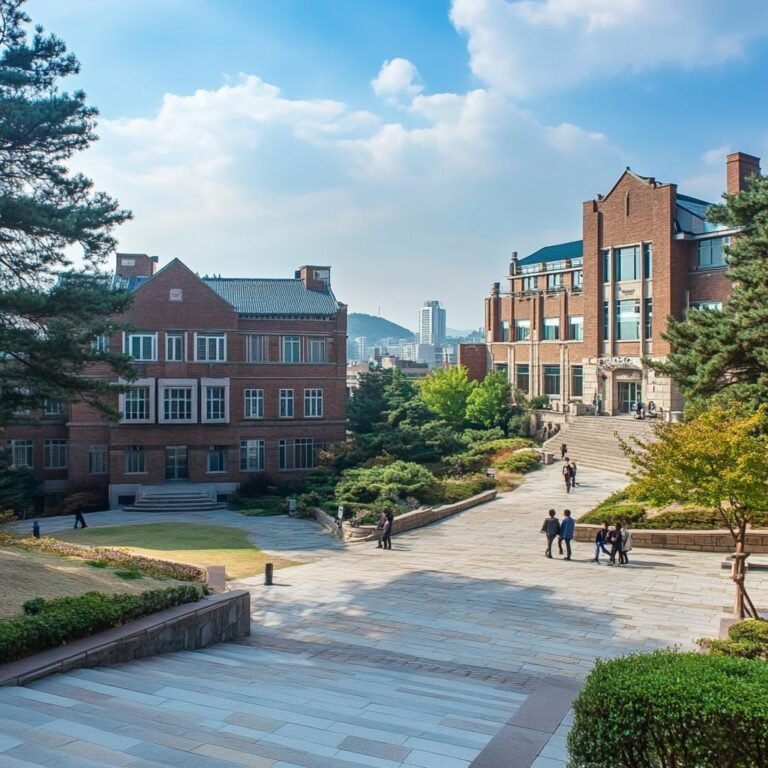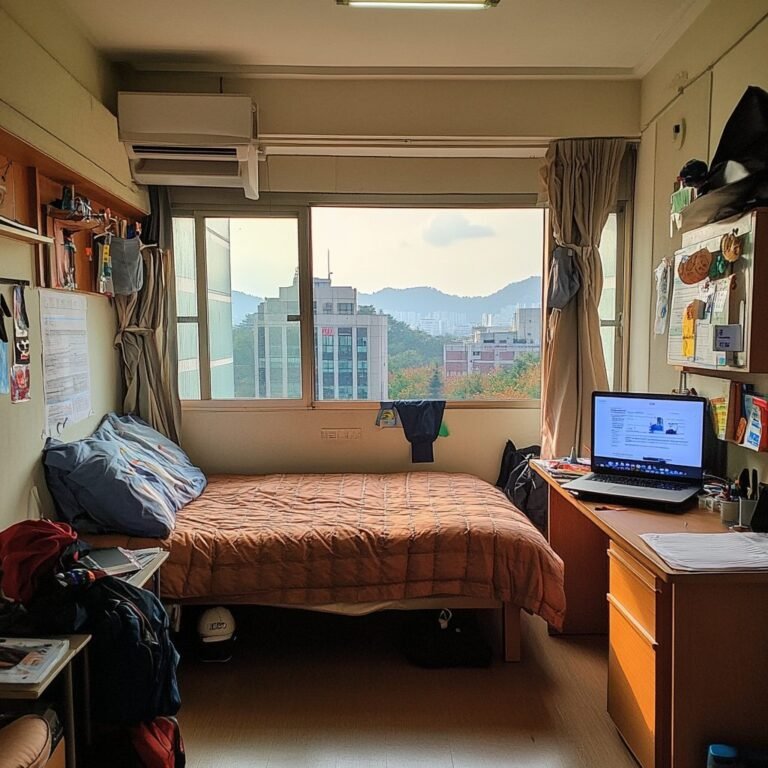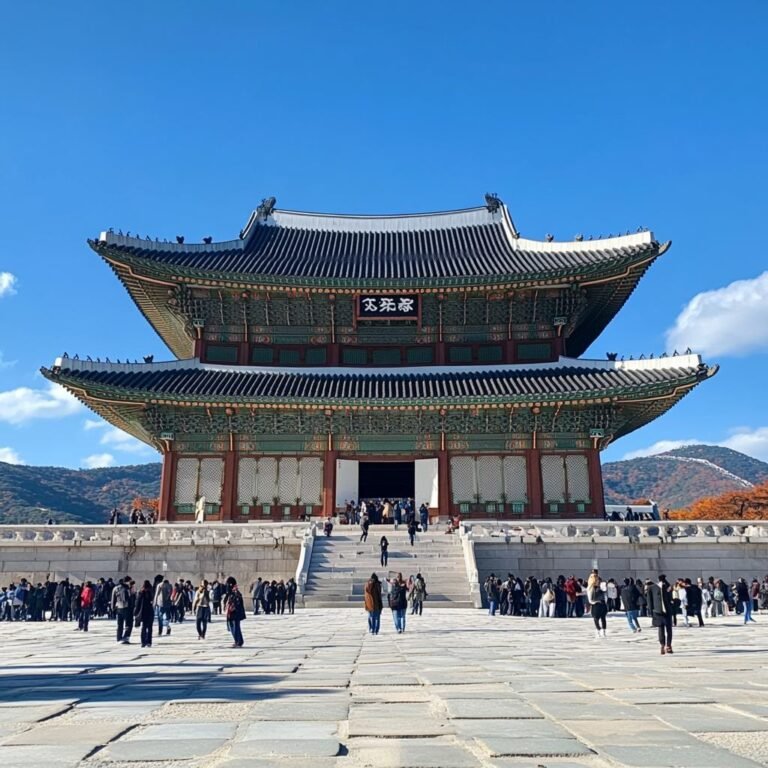How Much Nepali Students Earn in Korea?
Korea has become an increasingly popular destination for Nepali students pursuing higher education. Known for its advanced education system, technological innovation, and rich cultural heritage, Korea offers a vibrant and dynamic environment for international students. After choosing to study in Korea, many Nepali students often wonder about the financial aspects of living in a foreign country. One of the most common questions is, “How much can Nepali students earn while studying in Korea?”
In this article, we will explore the opportunities available for Nepali students to earn an income in Korea, the types of jobs they can pursue, the average wages, and the legal limitations they must be aware of. We’ll also cover some common FAQs regarding student employment in Korea to provide a comprehensive guide for prospective Nepali students.
Employment Opportunities for Nepali Students in Korea
Korean universities generally encourage students to focus on their studies, but they also allow part-time work to help with living expenses. Nepali students can take up part-time jobs (also called Arbeit) under certain conditions.
The Korean government allows international students to work part-time as long as they have a valid D-2 visa (Student Visa) and meet specific requirements. This is to ensure that students can earn money to support their education without neglecting their studies.
Types of Jobs Nepali Students Can Do in Korea
- Cafes and Restaurants: Many Nepali students find work in cafes, restaurants, and fast-food chains. The work involves serving customers, cleaning, or working as a barista. This type of job typically pays the minimum wage and can be flexible in terms of working hours.
- Convenience Stores: Convenience stores like GS25, CU, and 7-Eleven hire many international students for cashiering, stocking shelves, and cleaning. The hours can be either early in the morning or late at night, depending on the student’s schedule.
- Teaching English: Nepali students who are fluent in English can teach English as part-time work. This is a high-paying job compared to others and can be done either through tutoring or in language institutes (hagwons).
- Retail Jobs: Students can also work in retail stores, assisting with sales and customer service. These jobs can pay slightly above minimum wage and offer flexible hours.
- Labor Jobs: Some students opt for more labor-intensive jobs such as working in construction or factories. These jobs pay higher wages but are physically demanding. They may also require longer working hours and are more common during semester breaks.
- University Campus Jobs: Students can also find part-time jobs on-campus, such as working in libraries, administrative offices, or in research positions. These jobs often align well with the students’ academic goals and have more flexible hours.
How Much Can Nepali Students Earn?
The wage Nepali students can earn depends on various factors like the type of job, location, working hours, and language proficiency. Here’s a breakdown of the typical wages:
1. Minimum Wage in Korea
As of 2024, the minimum wage in Korea is around 9,860 KRW per hour (approximately 830 NPR per hour). Most part-time jobs offer wages at or slightly above this rate.
2. Working Hours
According to Korean labor laws, international students on a D-2 visa can work up to 20 hours per week during the academic semester and full-time (40 hours or more) during vacations or semester breaks.
Earning Example:
- During the semester: 20 hours per week at 9,860 KRW = 197,200 KRW per week
- Monthly earnings during the semester: 197,200 KRW x 4 = 788,800 KRW (around 66,400 NPR)
- During vacation: 40 hours per week at 9,860 KRW = 394,400 KRW per week
- Monthly earnings during vacation: 394,400 KRW x 4 = 1,577,600 KRW (around 132,800 NPR)
3. Higher-Paying Jobs
Jobs like teaching English or skilled labor can pay significantly more, sometimes up to 15,000–25,000 KRW per hour (around 1,200–2,100 NPR per hour), allowing students to earn more than what they would in typical part-time jobs.
For example, if a Nepali student teaches English for 15 hours a week at 20,000 KRW per hour, they can earn 300,000 KRW per week, which translates to 1,200,000 KRW per month (approximately 101,000 NPR).
Managing Finances: How Earnings Help Cover Expenses
Although earning money while studying in Korea can significantly help Nepali students manage their finances, it’s important to balance work and studies. The cost of living in Korea varies depending on the city. For instance, living in Seoul is more expensive compared to smaller cities like Busan or Daegu. Here’s a brief overview of monthly expenses in Korea:
- Accommodation: 200,000–700,000 KRW (varies based on the type of accommodation)
- Food: 300,000–400,000 KRW
- Transportation: 50,000–100,000 KRW
- Miscellaneous: 100,000–200,000 KRW
A Nepali student working part-time can cover some of these costs, but additional financial planning, scholarships, or financial support from family may still be necessary.
Legal Considerations for Working in Korea
Nepali students must adhere to certain legal requirements when working part-time in Korea:
- Visa Restrictions: The D-2 visa only allows part-time work of up to 20 hours a week during the semester. Violating this rule can result in visa penalties or deportation.
- Work Permits: Students must apply for a work permit from their university and obtain approval from immigration authorities before starting any job.
- Language Barrier: Proficiency in Korean can open more job opportunities, especially for higher-paying positions. Basic knowledge of the Korean language is essential for roles in cafes, restaurants, and convenience stores.
Taxation: Students working part-time must be aware of their tax obligations. In Korea, students might be required to pay income tax, depending on their earnings.
Let Us Assist You!
Are you ready to embark on your educational journey to Korea? Need help with university applications, scholarships, or visa processes? Contact our team of experts at Study in Korea from Nepal for personalized support and guidance.
From ensuring your applications are meticulously prepared to advising on the nuances of studying abroad, we’re here to assist you in every step. Don’t let the complexities of international education hold you back.
Contact us today to start your adventure in Korea!






